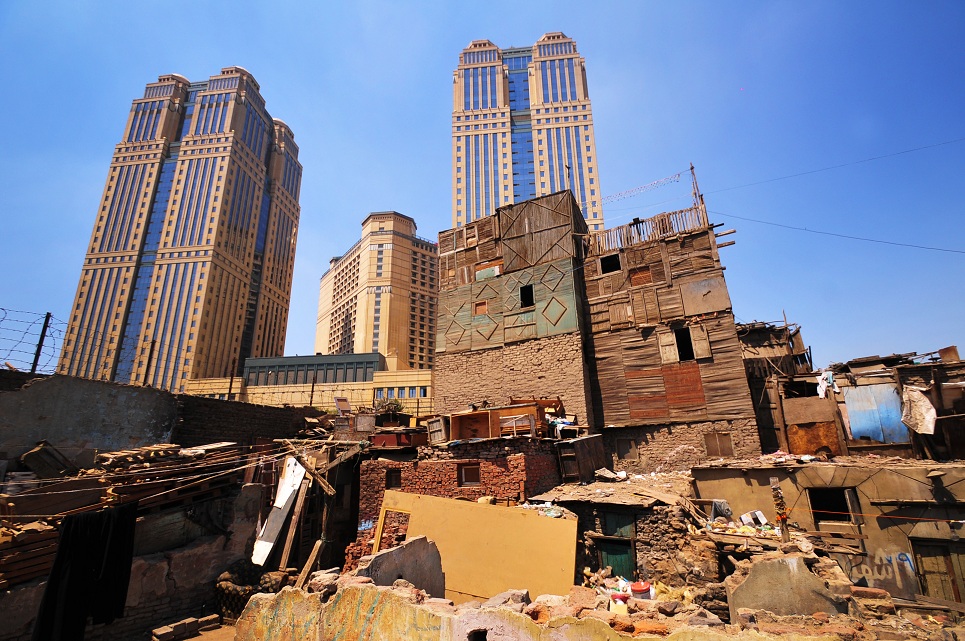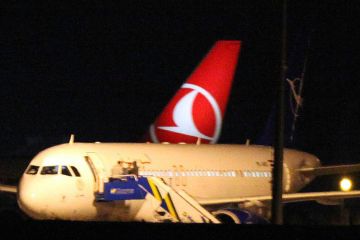CAIRO: Minister of International Cooperation Fayza Aboul-Naga launched Wednesday the Executive Committee for Landmine Removal and the Development of the North-West Coast in conjunction with the UNDP and representatives from various ministries.
The new body is under the umbrella of the ministry, and its main mandate will be the provision of resources for the de-mining process. Under the slogan “De-mining for Development , Aboul-Naga said “this is an area rich in resources, and constitutes 22 percent of Egypt’s landmass.
“Currently, the Egyptian armed forces are the only ones clearing the area of landmines, Aboul-Naga added, “our role is to provide the resources necessary for the process. This treasure-filled area, rich in oil and gas, could change Egypt’s economy.
The new body will be run by Ambassador Fathy Al-Shazly, who stated that the committee had tentatively begun work last January with a research project involving 25 scientists. He added that 75 percent of the landmines buried in the sands beneath the North Coast had not yet been discovered or set off.
Al-Shazly also stressed the importance of aiding landmine victims, saying “the internationally recognized number of landmine victims in Egypt, which is 8,313, is less than the number recorded in Egyptian records.
“This project, Al-Shazly added, “could change the strategic dimensions of Egypt, in fact, it could change the map of Egypt, if de-mining the area is successful.
The new body will be funded by a trust fund set up with the UNDP which will accept donations from member states, according to Aboul-Naga. “Hopefully, the three countries responsible for placing the landmines in the first place will also contribute, she said, referring to Britain, Germany and Italy who laid the mines in their infamous desert WWII battle in 1943.
Aboul-Naga stressed the importance of the three countries in accepting their moral and legal responsibility towards the mines they laid more than six decades ago. She said that up until a few years ago, these countries refused to acknowledge any sort of liability for the mines.
The agreement signals the first experimental stage of the project, which was the culmination of 18 months of research at a cost of $3.2 million.
The second stage – which is about to begin – is penciled to last five to six years and is aimed at de-mining the entire area at a cost of $10 billion.
The project is set to create 400,000 job opportunities and plans are afoot to populate the area with 1.5 million people by 2022.
On the same day as the signing of the agreement, Aboul-Naga met with the newly appointed Lebanese ambassador to Egypt Khaled Zeyada to explore avenues of cooperation between the two countries and display Egypt’s great interest in the current political standoff in Lebanon.
These include the upcoming sixth round of the Joint Lebanese-Egyptian High Committee meeting which is headed by both prime ministers, as well as Egyptian efforts in the rebuilding process in Lebanon under the auspices of the International Stockholm Conference. At the conference, Egypt donated LE 35 million to rebuild electricity power plants destroyed by the Israeli invasion last summer.
2005 saw the volume of trade between the two countries reach their highest level to date, reaching $240 million.

